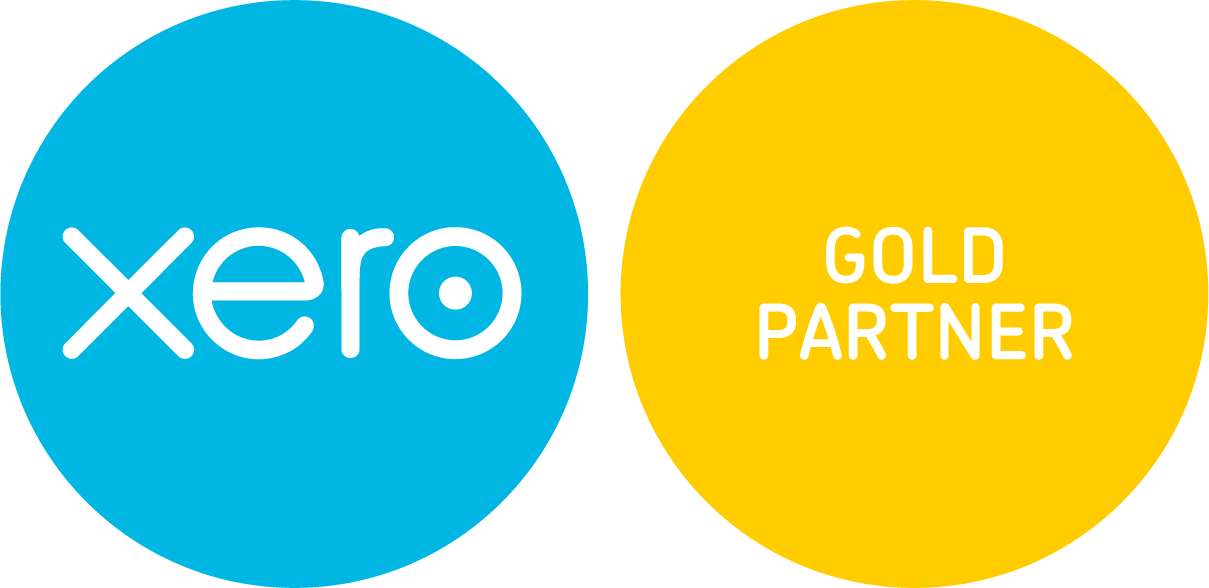We’ve compiled this list of Tax Facts to help you prepare and ensure you meet all of your tax obligations. This is the first part in a series of Tax Facts we will publish over the coming week.
A good Accountant should be an expert in business tax preparation. If your Accountant is not a Tax expert, you will have to hire one who is. A CA is generally the type of Accountant you need for tax matters as they can certify your tax returns after they prepare them.
It’s important to hire a professional to do your taxes so that your expenses can be maximised and income minimised in order to lower your tax liability.
Is your business structure set up to take advantage of small business and retirement tax concessions?
Income Tax
Income tax is levied on taxable income, which is calculated as [assessable income] less [any allowable deductions]. Deductions include wages, cost of stock, rent, bad debts, and previous year losses.
COMPANY
A company is a distinct legal entity with its own income tax liability so a Company Tax Return must be completed for each company. A company’s income tax is calculated as a percentage of the taxable income the company earned during the financial year. The company tax rate is 30%.
PARTNERSHIP
A partnership running a business must complete a Partnership Tax Return to show all income earned and deductions claimed for expenses during the course of the business and how the profit or loss was shared between the partners. Each partner pays tax on their share of the partnership’s income so they must include their individual share of the net partnership profit or loss in their personal tax return.
SOLE TRADER
Sole traders are not required to complete a separate return for their business. They use their personal income tax return to report their business income and deductions
Medicare Levy
The Medicare Levy is a tax Australian residents pay to cover health care charges. It is payable on taxable income, in addition to income tax. Individuals and families on higher incomes who do not have an appropriate level of private hospital cover may have to pay the Medicare levy surcharge.
The Medicare Levy is usually calculated at 1.5% of your taxable income, however this rate can vary depending on individual circumstance. You may be exempt from the levy or it may be reduced if you have a low income or are a prescribed person.
Please note that from 1 July 2014, the government will increase the Medicare levy rate from 1.5 to 2% of taxable income for the 2014-15 income year and later income years.
Capital Gains Tax
Capital gains tax (CGT) is the tax you pay on a capital gain. It is not a separate tax, but part of your income tax. The most usual way to make a capital gain or loss is to sell assets like real estate, shares or managed fund investments.
Capital gains tax came into effect on 20 September 1985. All assets you have acquired since this date are subject to the CGT rules including options, rights and business goodwill.
If you are an individual, some assets may be exempt from CGT, including:
- Your main residence
- Your car, motorcycle or similar vehicle
- Assets for personal use that you acquired for $10,000 or less
There are other exemptions, rollovers, and concessions that may allow you to ignore, defer or reduce your capital gain or capital loss. In some situations using the indexation and discount methods to calculate your capital gain can also reduce this.
Small Business Entity Concessions
Small businesses with an annual turnover of less than $2 million may qualify for a range of tax concessions. If your business is eligible you can use the concessions that suit you. You may have to satisfy additional conditions and will need to check whether you qualify for the concessions each tax year.
NOTE: Some of these concessions were previously only available to businesses under the simplified tax system. This system no longer operates, however all its concessions remain available to eligible businesses.

